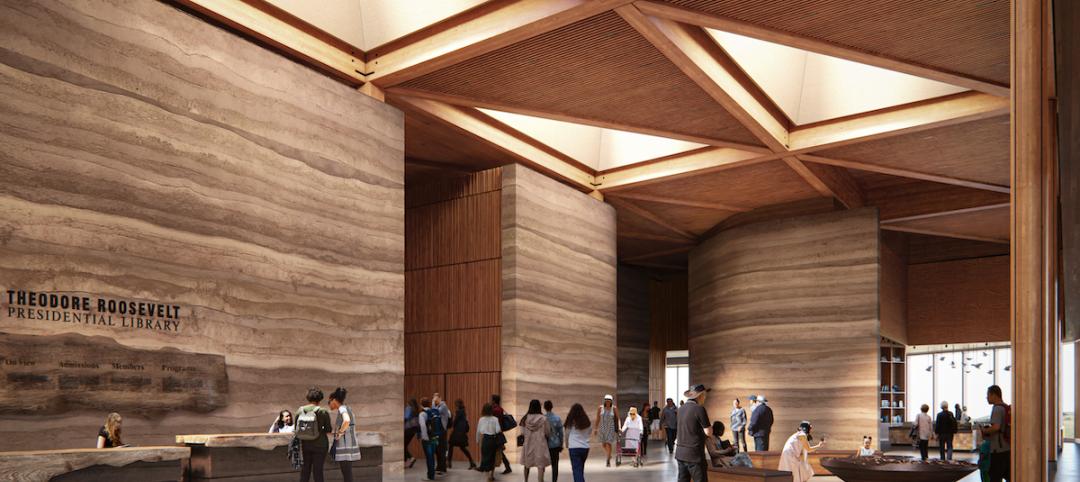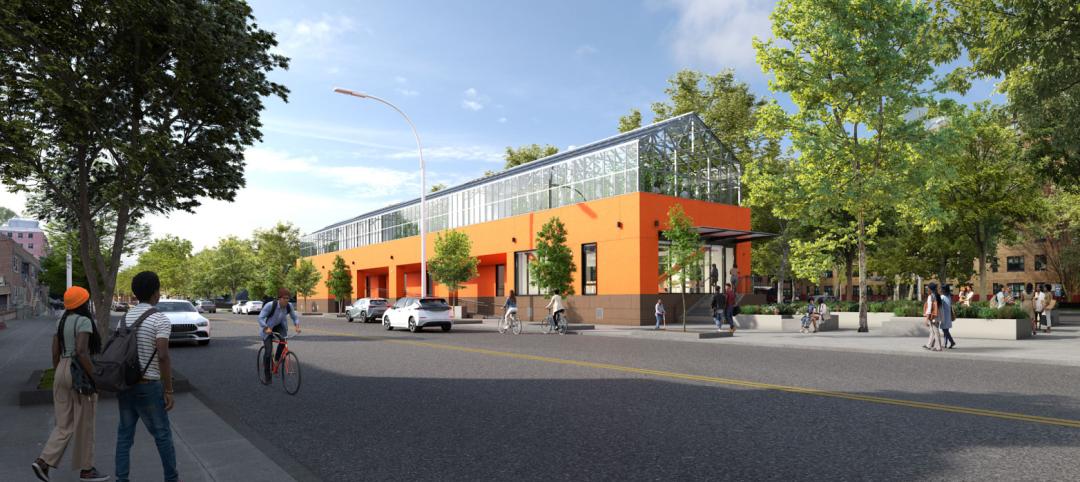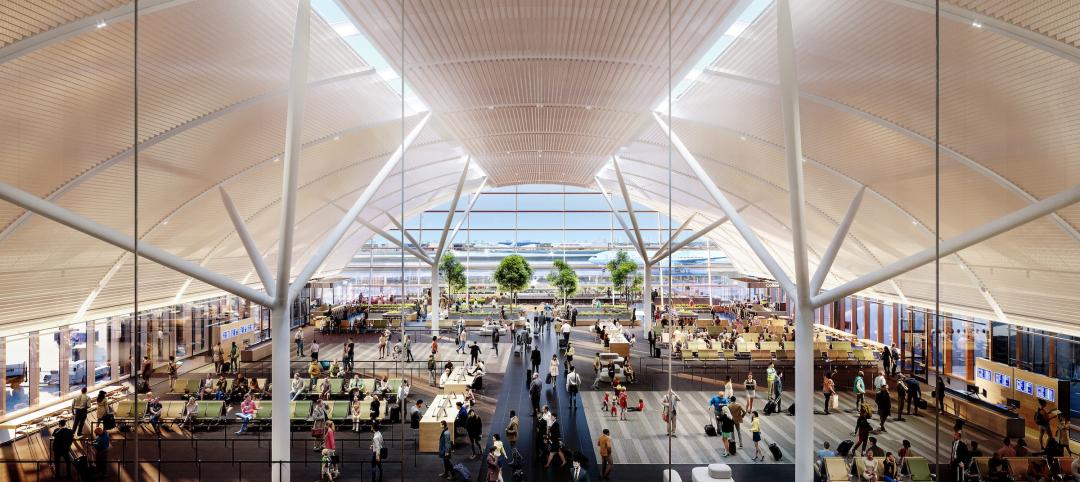A PDF of the Annual Roofing Survey can be downloaded at the bottom of this page.
Key findings of the roofing survey
- Respondents named metal (56%) and EPDM (50%) as the roofing systems they (or their firms) employed most in projects. However, the results show that they used a wide variety of roofing types, including built-up, shakes and shingles, modified bitumen, TPO, PVC, and tiles.
- Insulation choice was also spread among several product categories, with polyisocyanurate leading the way (62%) and EPS, XPS, and sprayed polyurethane foam also showing support.
- More than half of respondents (53%) said their roofing projects were essentially all low-slope jobs (2/12 rise or less), but nearly a third (31%) said steep-slope roofs (>2/12 rise) comprised all or almost all of their roofing-related projects.
- New construction and retrofits were fairly evenly split among respondents’ roofing-related projects over the last couple of years.
- Initial cost is not the most important factor in choosing a roofing system. That honor went to durability and reliability, at least from the experience of respondents and their perception of their clients’ priorities.
- In a related finding, it is not surprising that “leaks or failures” (42%) was the single biggest concern or worry expressed by respondents, along with such related factors as “quality/performance” (17%) and “incorrect installation” (11%). Again, cost was not the key concern, with only 13% of respondents checking it as their number one worry.
- In terms of “green” factors, energy efficiency (52%) is far and away the crucial component of a roofing system, followed distantly by life cycle cost (25%).
- Building information modeling is still largely in its infancy in respondents’ roofing-related projects, with less than one-third (32%) saying that they used BIM. However, the use of BIM is expected to grow to about 59% over the next two years or so.
- Only a small percentage of respondents (4%) said they (or their firms) have made extensive use of photovoltaics on roofs in the last two years, but three in 10 (30%) had used PVs in a few projects. The upside is that 57% plan to do so in the next 18-24 months.
- Similarly, the extensive use of green vegetative roofs is limited (2%), but 23% of respondents (or their firms) have tried them in at least a few projects in the last two years, and 38% said they intend to do so in the next 18-24 months.
Survey Methodology
The survey was emailed to a representative sample of BD+C’s subscriber list. No incentive was offered; 263 qualified returns were obtained. The majority of responses (52%) came from architects and designers, a group that represents half of BD+C’s subscriber base; however, respondents were spread across the professions and included nearly one-fifth (18%) from among owners and facilities directors. In terms of location, respondents’ roofing-related projects covered the entire U.S. (and a bit in Canada), although the Mid-Atlantic region may have been underrepresented (8%). A margin of error of 6-7% at the 95% confidence level can be applied in most cases.
Note: Some of the tables refer to “Top % rank,” the percentage of respondents who rated the factor as their single most important factor. “Weighted score” was calculated by tripling the number of respondents who rated the factor #1, doubling those who rated the factor #2 by 2, multiplying by one those who rated the factor #3 by 1, and dividing the sum by three to obtain the average.
Download a PDF of the Annual Roofing Survey below
Related Stories
Mass Timber | Jun 10, 2024
5 hidden benefits of mass timber design
Mass timber is a materials and design approach that holds immense potential to transform the future of the commercial building industry, as well as our environment.
Lighting | Jun 10, 2024
LEDs were nearly half of the installed base of lighting products in the U.S. in 2020
Federal government research shows a huge leap in the penetration of LEDs in the lighting market from 2010 to 2020. In 2010 and 2015, LED installations represented 1% and 8% of overall lighting inventory, respectively.
Libraries | Jun 7, 2024
7 ways to change 'business as usual': The Theodore Roosevelt Presidential Library
One hundred forty years ago, Theodore Roosevelt had a vision that is being realized today. The Theodore Roosevelt Presidential Library is a cutting-edge example of what’s possible when all seven ambitions are pursued to the fullest from the beginning and integrated into the design at every phase and scale.
Education Facilities | Jun 6, 2024
Studio Gang designs agricultural education center for the New York City Housing Authority
Earlier this month, the City of New York broke ground on the new $18.2 million Marlboro Agricultural Education Center (MAEC) at the New York City Housing Authority’s Marlboro Houses in Brooklyn. In line with the mission of its nonprofit operator, The Campaign Against Hunger, MAEC aims to strengthen food autonomy and security in underserved neighborhoods. MAEC will provide Marlboro Houses with diverse, community-oriented programs.
Office Buildings | Jun 6, 2024
HOK presents neurodiversity research and design guidelines at SXSW 2024
Workplace experts share insights on designing inclusive spaces that cater to diverse sensory processing needs.
Architects | Jun 4, 2024
HED and Larson Incitti Architects merge, combine Denver staff
HED, a leading national architecture and engineering firm, today announced a merger with award-winning, Denver-based Larson Incitti Architects (LIA). The merger combines LIA's staff with HED's Denver office, significantly expanding the local team and leveraging community relationships to create new opportunities across multiple market sectors.
Airports | Jun 3, 2024
SOM unveils ‘branching’ structural design for new Satellite Concourse 1 at O’Hare Airport
The Chicago Department of Aviation has revealed the design for Satellite Concourse 1 at O’Hare International Airport, one of the nation’s business airports. Designed by Skidmore, Owings & Merrill (SOM), with Ross Barney Architects, Juan Gabriel Moreno Architects (JGMA), and Arup, the concourse will be the first new building in the Terminal Area Program, the largest concourse area expansion and revitalization in the airport’s almost seven-decade history.
Office Buildings | Jun 3, 2024
Insights for working well in a hybrid world
GBBN Principal and Interior Designer Beth Latto, NCIDQ, LEED AP, ID+C, WELL AP, share a few takeaways, insights, and lessons learned from a recent Post Occupancy Evaluation of the firm's Cincinnati, Ohio, office.
Multifamily Housing | Jun 3, 2024
Grassroots groups becoming a force in housing advocacy
A growing movement of grassroots organizing to support new housing construction is having an impact in city halls across the country. Fed up with high housing costs and the commonly hostile reception to new housing proposals, advocacy groups have sprung up in many communities to attend public meetings to speak in support of developments.
MFPRO+ News | Jun 3, 2024
New York’s office to residential conversion program draws interest from 64 owners
New York City’s Office Conversion Accelerator Program has been contacted by the owners of 64 commercial buildings interested in converting their properties to residential use.

















